Sandia, national lab partners studying vulnerabilities of electric vehicle charging infrastructure
Green Car Congress
NOVEMBER 16, 2022
With electric vehicles becoming more common, the risks and hazards of a cyberattack on electric vehicle charging equipment and systems also increases. Johnson and his team recently published an open-access summary of known electric vehicle charger vulnerabilities in the journal Energies. Johnson et al.

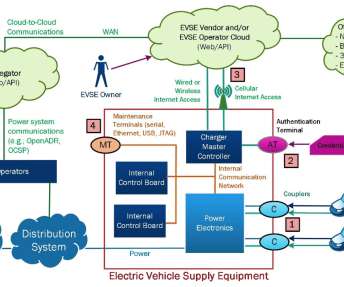
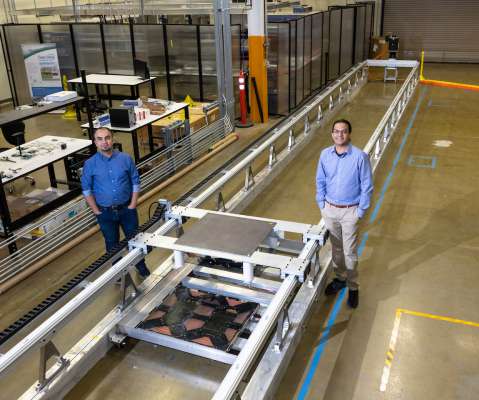
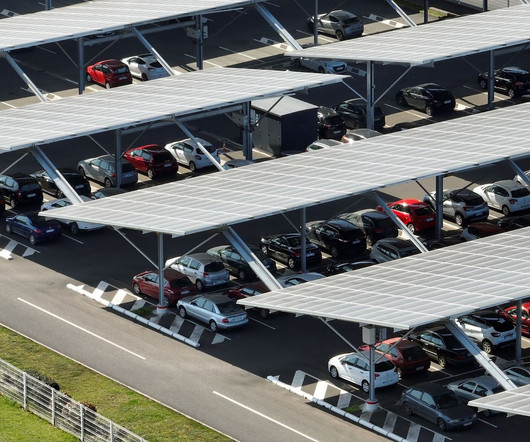




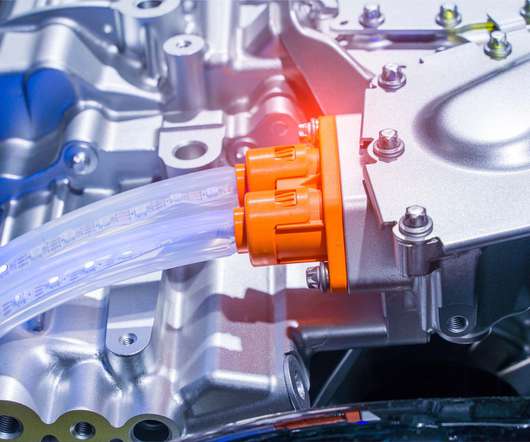

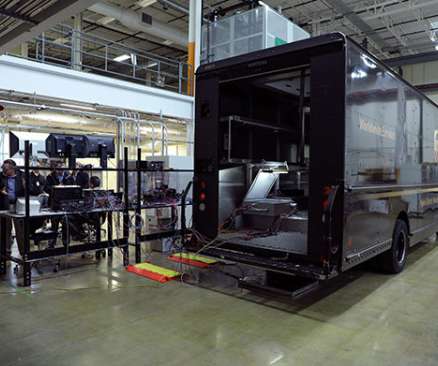


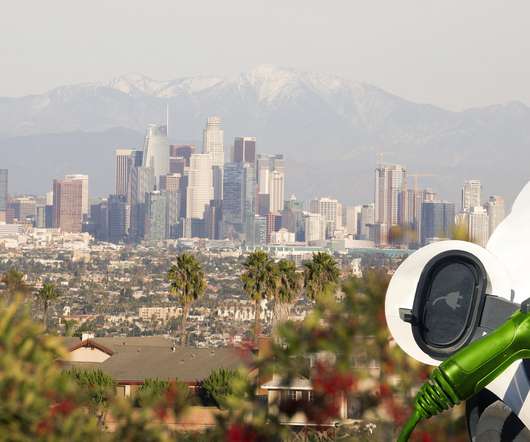





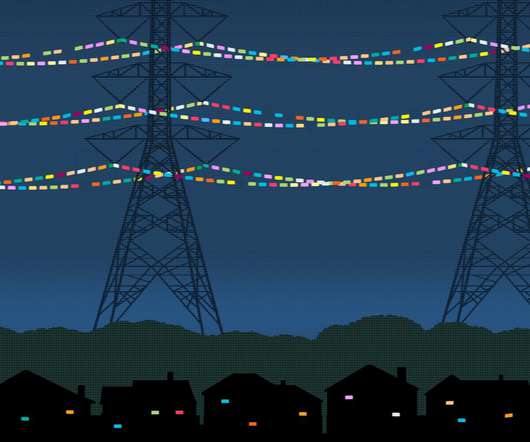
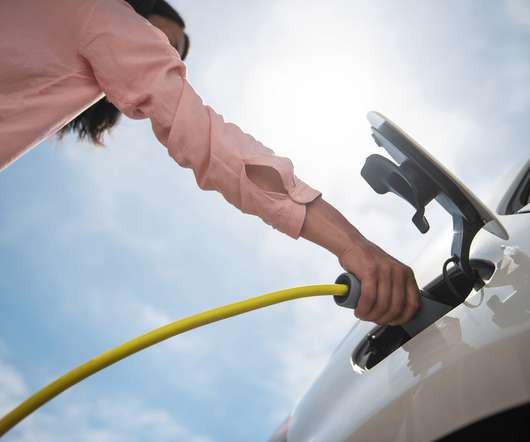

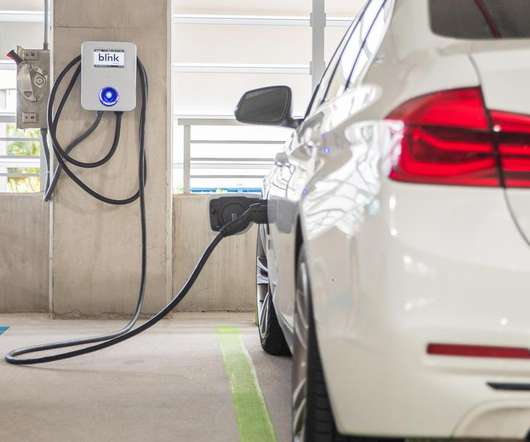



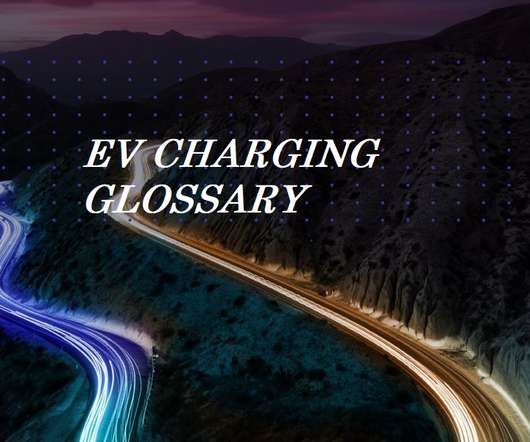






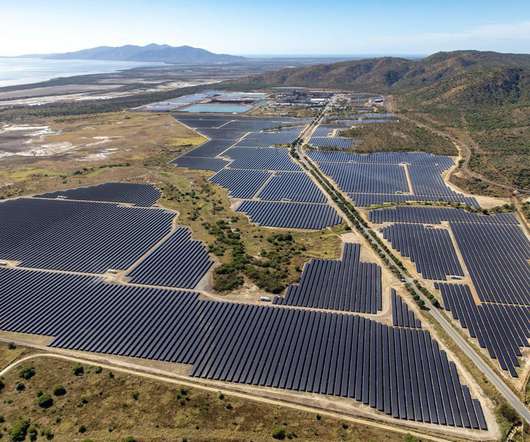










Let's personalize your content